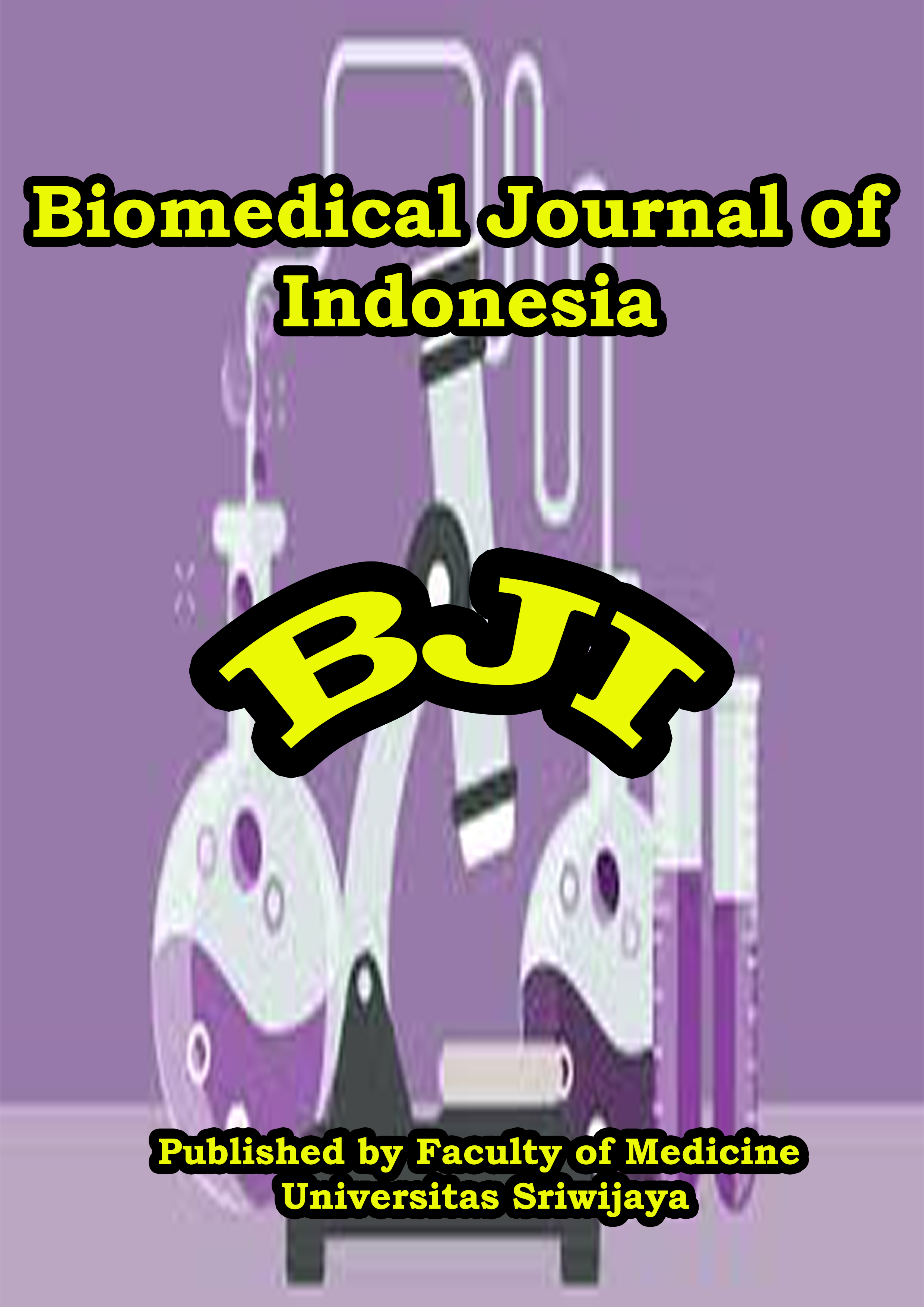Reflux Symptom Index And Reflux Finding Score Correlation With Quality Of Life Of Laryngopharyngeal Reflux Patients
Main Article Content
Introduction. Laryngopharyngeal reflux (LPR) usually occurs due to the effects of reflux on the gloves and vocal cords. Symptoms range from more common symptoms such as hoarseness, globus sensations, and a feeling of getting stuck in the throat to less common symptoms such as heartburn and regurgitation. Symptoms common to LPR are not specific and may be related to other diseases. In other words, it is difficult to diagnose LPR based solely on symptoms. Belafsky et al in 2001 and 2002 developed the Reflux Symptom Index (RSI) and Reflux Finding Score (RFS) to assist in the diagnosis of LPR. Health-related quality of life Health-Related Quality of Life (HRQOL) in LPR patients have a negative impact on psychological status, social functioning, and quality of life. Symptoms of reflux appear to be a major contributor to the decline in quality of life. LPR patients have a significant impact on the mental component of their HRQO.
Methods. Descriptive research with a correlation test design, conducted at RSUP Dr. Mohammad Hoesin Palembang on 22 samples of LPR patients who were treated at ENTKL polyclinics, IGD, or consulted from other departments in July-August 2022.
Results. The majority of the study were women (81.85%) with dominant in the age group of 31-45 years (45.5%) with an average age of 42.23±11.88 years and a range of 19-66 years. There is a strong correlation between RSI and RFS with quality of life (r = 0.615; p = 0.016, r = 0.635; p = 0.028, respectively).
Conclusion. RSI and RFS are significantly related to the quality of life of the sample so the treatment is recommended to also focus on the LPR only but also the mental health aspects.

